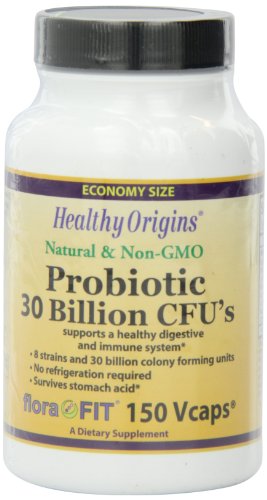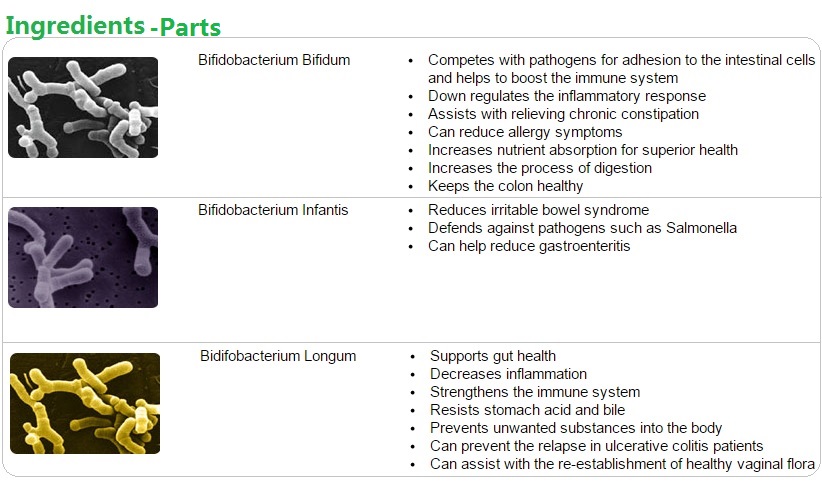- About us
- Asset Management
- Home
- Interpersonal relation
- Bridge of friendship-Philosophy to attract others
- Communicating to temperaments
- Taste Life
- Amazon Store
- Beauty and health
- 5 Infused Water Recipes to Improve Your Health
- ABOUT WEIGHT LOSS AND EXERCISE
- Chat, date and make love--763 Area Code Phone Chat Lines With Free Trials
- How do you get the flu?
- Probiotics, Are They Good For You and Which Is The Best One?
- Professional Answers For Rational Abc Strategies
- Simple Solutions For Proper Skin Care - Important Acne Facts Revealed
- Skin Allergy Treatment – Top 10 Ways to Cure Skin Problems
- Take vitamins and supplements to protect your health
- Ten million beefburgers are being recalled in a British scandal over horse meat contamination
- Weight loss sumplement
- What is the best medication for allergies?
- Why health and beauty
- Woman needs big man
- Feeling excellent culture with heart and feet
- Improve life quality
- Mini Store
- Most popular products in the world
- Beauty and health
- Articles with wisdom
- Audrey Hepburn, An Elegant Spirit
- Childhood
- High quality life and high standard living
- How to Be a Good Husband
- Knife, fork or chopsticks?
- Make money and manage finance
- Media Space
- Amazon Store
- Understand your personality and use your wisdom effectively
- Points store
- Production and operation
- Team building
Probiotics, Are They Good For You and Which Is The Best One?
Submitted by 运营家 on Tue, 12/30/2014 - 08:43
English
 Lets talk about probiotics, what goes in to them and how or if they can help your health. In the past I was traveling on plains on a weekly basis. I was working in the supplement industry, so I was familiar with health supplements. Probiotics were new, and there was no such thing as Activia. Before it was named probiotics we referred to them as good bacteria. We knew that you body needed to have good bacteria to maintain your health. For some reason or another I was sick after traveling fairly regularly. I would go to the Dr. get put on antibiotics. Notice the prefix “anti”. I would get better, but sick again a few days or weeks later.
Lets talk about probiotics, what goes in to them and how or if they can help your health. In the past I was traveling on plains on a weekly basis. I was working in the supplement industry, so I was familiar with health supplements. Probiotics were new, and there was no such thing as Activia. Before it was named probiotics we referred to them as good bacteria. We knew that you body needed to have good bacteria to maintain your health. For some reason or another I was sick after traveling fairly regularly. I would go to the Dr. get put on antibiotics. Notice the prefix “anti”. I would get better, but sick again a few days or weeks later.
I was amazed, and started looking more into why these bacteria werre helping my health. I found out the almost all meat is pumped full of antibiotics. Which we ingest and it kills off the “Good” biotics. Now whenever to ingest a bad bacteria or breath it in and it gets in your gut, it goes and causes you to get sick. Probiotics help keep your intestinal track balances and which leads to better health and for me less colds and sickness.I spoke with a friend of mine in the industry and I asked how it was that he never got sick and he was traveling as much as I
was. He said he was using a supplement that was a probiotic. He then
proceeded to get me 6 bottles, a 6 month supply. TO make a long story short I stopped getting sick. Sure I still got a cold here and there, but nothing like I was.
The probiotic I use is Perfect Origins PerfectBiotic. And what's yours?
Click the picture at the right corner to buy your favorate healthy products.



Comments
Bifidobacteria, your health protector.
What is it?
Bifidobacteria are used for many conditions affecting the intestines, including preventing diarrhea in infants and children; as well as traveler’s diarrhea in adults. Some people take bifidobacteria to restore “good bacteria” in the gut that have been killed or removed by diarrhea, radiation, chemotherapy, antibiotics, or other causes. Bifidobacteria are also used to treat a bowel disease called ulcerative colitis, as well as a condition called pouchitis, which sometimes develops after surgery for ulcerative colitis. Some people use Bifidobacteria to prevent a particular bowel infection called necrotizing enterocolitis in newborns.
Other uses for Bifidobacteria include treating a skin condition in infants called atopic eczema, yeast infections (candidiasis), cold, flu, reducing flu-like symptoms in children attending day-care centers, breast pain (mastitis), hepatitis, lactose intolerance, mumps, Lyme disease, and cancer. These bacteria are also used to boost the immune system and lower cholesterol.
How effective is it?
The effectiveness ratings for BIFIDOBACTERIA are as follows:
Possibly effective for...
Insufficient evidence to rate effectiveness for...
More evidence is needed to rate bifidobacteria for these uses.
How does it work?
Are there safety concerns?
Special precautions & warnings:
Pregnancy and breast-feeding: Not enough is known about the use of bifidobacteria during pregnancy and breast-feeding. Stay on the safe side and avoid use.
Weakened immune system: There is some concern that “probiotics” might grow too well in people with a weak immune system and cause infections. Although this has not occurred specifically with bifidobacteria, there have been rare cases involving other probiotic species such as lactobacillus. If you have a weakened immune system (e.g., you have HIV/AIDS or are undergoing cancer treatment), check with your healthcare provider before using bifidobacteria.
Are there interactions with medications?
Moderate
Are there interactions with herbs and supplements?
Are there interactions with foods?
What dose is used?
BY MOUTH:
Other names
References